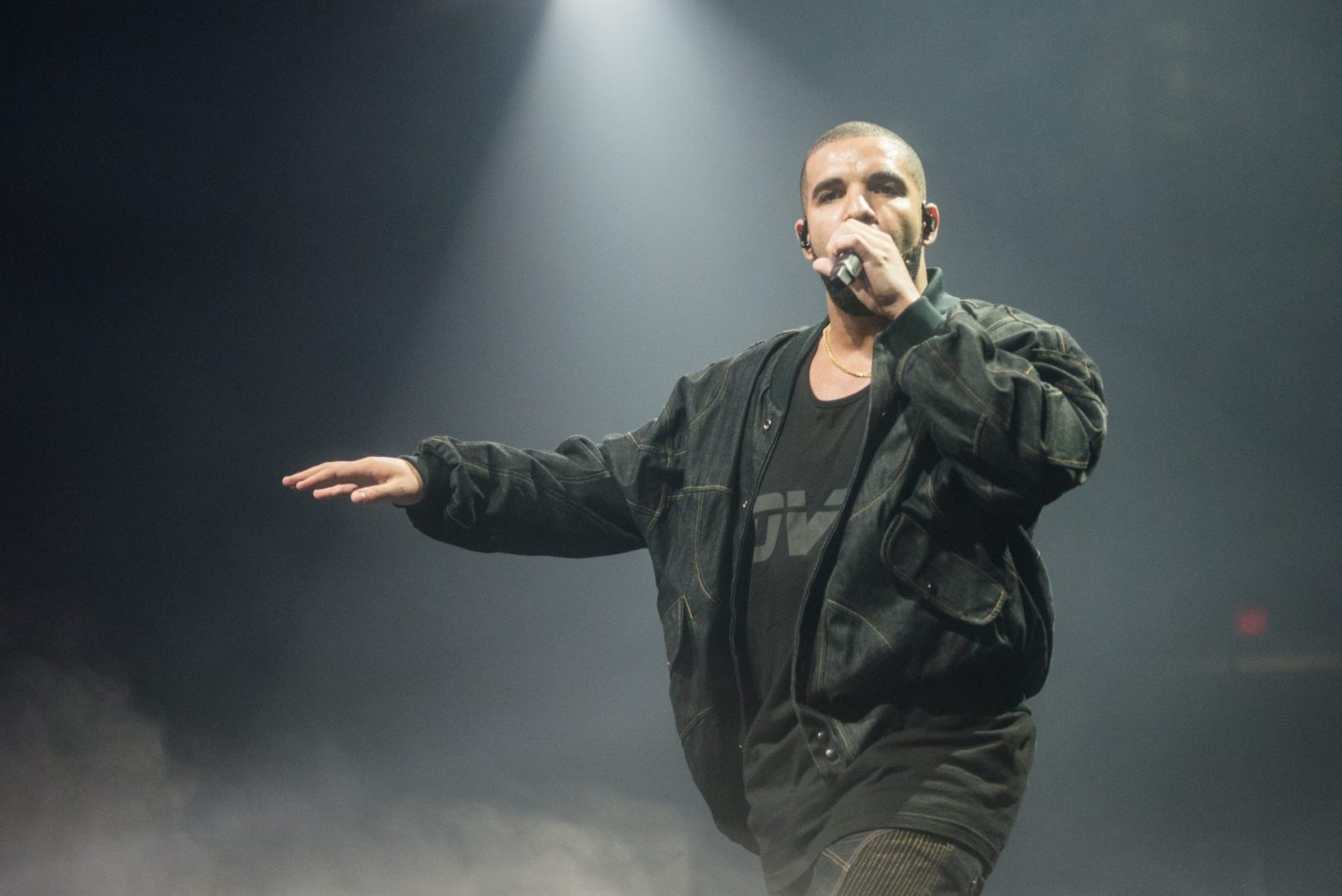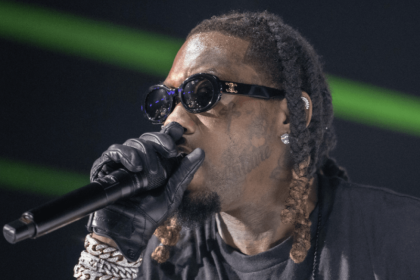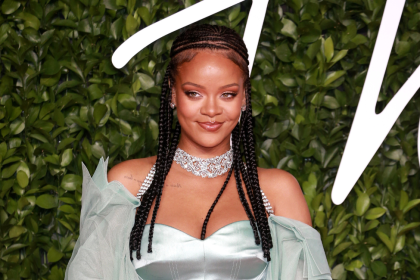The hip-hop world witnessed a seismic shift as Drake‘s company, Frozen Moments LLC, filed a groundbreaking lawsuit against Universal Music Group (UMG) in Manhattan court on Nov. 24. The legal action — centered around Kendrick Lamar‘s track “Not Like Us” — alleges systematic manipulation of streaming numbers and radio play, bringing long-standing industry practices into the spotlight.
The evolution of industry politics
AP News reported that Drake’s legal team claims that UMG employed tactics such as bots and payola to manipulate streaming services and radio airplay, thereby boosting the visibility of Lamar’s track, which features pointed criticisms directed at Drake himself. The lawsuit suggests that UMG did not simply rely on organic growth or standard business practices but instead engaged in a calculated campaign to saturate the market with Lamar’s music.
The lawsuit represents more than just another chapter in the ongoing narrative between two of music’s most influential artists. It spotlights the complex relationship between major labels and artists who have worked their way to the top of the industry. The allegations suggest that even established artists must navigate an increasingly complex landscape where traditional industry power structures meet modern digital manipulation.
Understanding the legal strategy
The legal team’s decision to invoke the Racketeer Influenced and Corrupt Organizations Act, or RICO Act, elevates this case beyond a typical industry dispute. This strategic move — typically associated with organized crime cases — suggests a deeper examination of systematic issues within the music business. The inclusion of New York state law violations regarding deceptive business practices adds another layer of scrutiny to industry promotion tactics.
By targeting UMG directly, this legal action challenges the traditional power dynamics that have governed the music industry for decades. The accusations of manipulated streaming numbers and questionable radio promotion practices echo concerns that have long circulated among industry veterans about the authenticity of success metrics in the digital age.
The business behind the beats
This situation illuminates the complex web of business relationships in hip-hop. Both artists built their careers within the UMG system: Drake through his journey from Young Money to Republic Records, and Lamar through his evolution from Top Dawg Entertainment to pgLang. These relationships highlight how success in the industry often requires navigating intricate business arrangements while maintaining artistic integrity.
The pre-action petition filed serves as a calculated first step in what could become a landmark case for the industry. This legal maneuver suggests a methodical approach to gathering evidence about alleged manipulation practices that could have far-reaching implications for how music promotion operates in the streaming era.
Impact on the culture
For long-time observers of hip-hop culture, this legal battle represents more than just industry politics. It speaks to the evolution of how success is measured and achieved in modern music. The allegations of artificial streaming manipulation raise questions about authenticity in an era where numbers often drive narrative.
The situation also highlights how competition in hip-hop has evolved from purely artistic rivalry to complex legal and business confrontations. This transformation reflects the maturation of hip-hop as both an art form and a business, where success requires mastery of both creative and corporate realms.
Looking ahead
The implications of this lawsuit extend far beyond the immediate parties involved. If proven true, the allegations could force a fundamental reevaluation of how music is promoted and marketed in the digital age. The industry may need to develop new standards for transparency in streaming and promotion practices.
For seasoned industry professionals and cultural observers, this case represents a potential turning point in how success is measured and achieved in modern music. The outcome could influence everything from artist contracts to promotional strategies, potentially leading to more transparent practices in music marketing.
The hip-hop community — particularly those who have witnessed the genre’s evolution from underground phenomenon to global cultural force — watches with keen interest. This case could set precedents that influence how future generations of artists navigate their careers and protect their interests in an increasingly complex industry landscape.
As this legal drama unfolds, it serves as a reminder that even at music’s highest levels, success requires not just artistic excellence but also business acumen and legal sophistication. The resolution of this case could reshape how power is distributed and exercised in the music industry for years to come.











